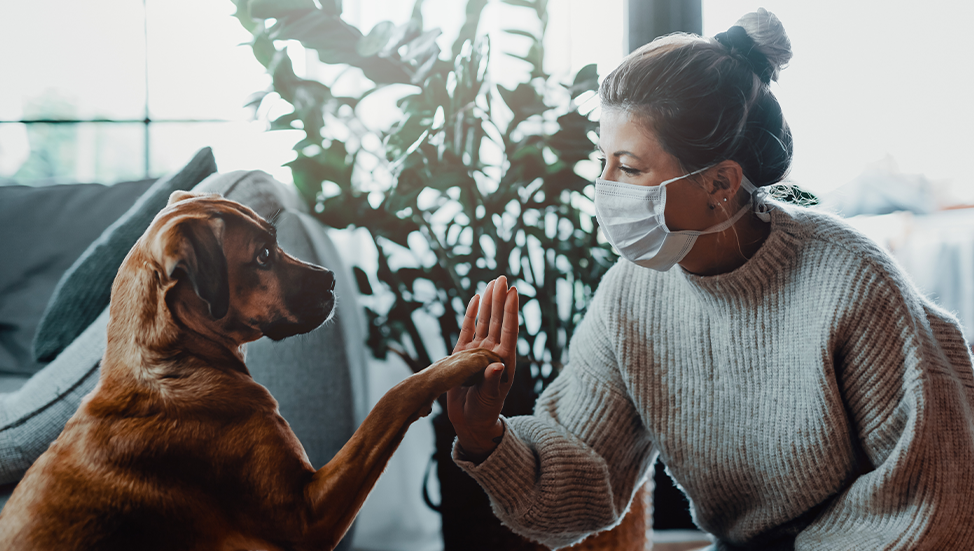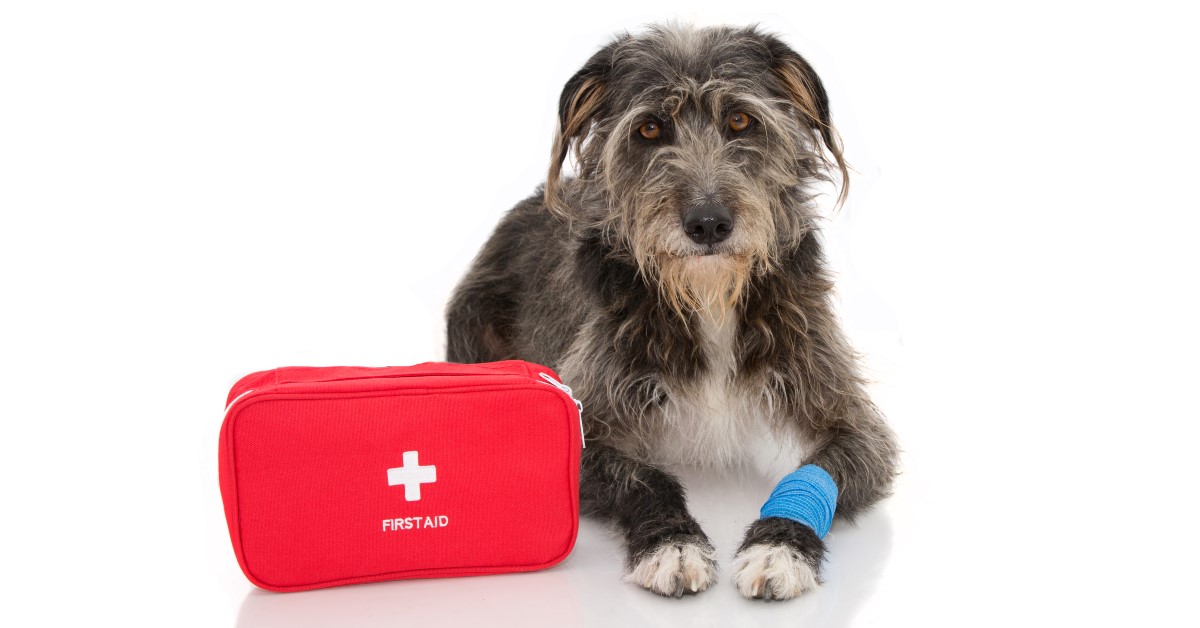Ask Dr. Jenn: Can pets catch covid-19 from their humans?
Covid-19 has been on the forefront of everyone's mind this past year as we've all been concerned about keeping our human friends safe, but what about our pets? Find out if pets can catch Corona Virus and if it's a cause for concern.

Q: I tested positive for COVID-19. I have heard of animals getting sick with COVID. Do I need to worry about my pets?
A: This has been a concern for many pet owners. Over the past few months, some domestic animals, including dogs, cats, ferrets, and mink have tested positive for COVID-19. There have also been reports of lions and tigers in zoos becoming sick with covid-19. However, despite millions of people testing positive for the virus that causes covid-19 and becoming ill, very few pets have tested positive and developed respiratory signs. As of December, the CDC does not have an exact number of positive cases in pets but states “A small number of pets worldwide, including cats and dogs, have been reported to be infected with the virus that causes COVID-19, mostly after close contact with people with COVID-19.” Not all of the pets who tested positive became sick and the pets that did, they only had mild respiratory signs and fully recovered.
Pets have not been found to be a major source of the spread of covid-19. Initially it was a concern that pet fur may act as a fomite - an object capable of carrying an infectious agent. However, over the past few months, pets have not been shown to be a factor in the spread of covid-19. The risk of spread from a pet to a person is very low and the primary mode of spread still appears to be human-to-human transmission. Laboratory studies found that the virus that causes COVID-19 can spread between animals of the same species in cats, hamsters, and ferrets, but much less likely to spread from dog to dog. Because of the possible spread from cat to cat, it is strongly advised to keep your cat indoors, particularly if you or someone in your household has covid.
Although the risk to your pets is low, the CDC still recommends to take precautions, especially because new information is being learned about corona virus every week. If you test positive, they advise to treat your pet as you would a person in your household and limit contact with them. They have listed the following guidelines:
- When possible, have another member of your household care for your pets while you are sick.
- Avoid contact with your pet including petting, snuggling, being kissed or licked, sharing food, and sleeping in the same bed.
- If you must care for your pet or be around animals while you are sick, wear a mask and wash your hands before and after you interact with them.
If your pet becomes sick during your quarantine period, call your veterinarian. If your veterinarian feels your pet needs to come in for an exam, have a healthy family member or friend bring your pet in. Although it is possible, but unlikely, your pet is sick with covid-19, it is still advised to take precautions. Your pet should be quarantined away from healthy family members and other pets. Do not bring your pet to a boarding facility, groomer, or dog park. Do not have dog walkers or pet-sitters from outside your household. Do not put a mask on your pet, as this can be dangerous, possibly causing suffocation, choking, or ingestion of the mask. In multi-cat households, it is advised to have a separate litterbox for your sick cat where the other cats can’t access it. If your pet develops respiratory signs, make sure you let your veterinarian know of possible covid exposure. Access for testing in pets is very limited, but your vet should be able to assess the signs, determine if treatment is necessary, and help determine how long your pet should quarantine.
The bottom line is that you are more likely to become sick with covid-19 than your pet is, but still treat your pet like you would any other healthy member of your household. Take care of yourself as well!
Give your furry friend a pet for me,
Dr. Jenn
Ready to start saving money on pet wellness care?
Then take a look at Mint Wellness, the pet wellness plan that provides fast reimbursement on routine pet care. Save on vaccinations, wellness exams, preventatives, dental, and more!
Learn More


